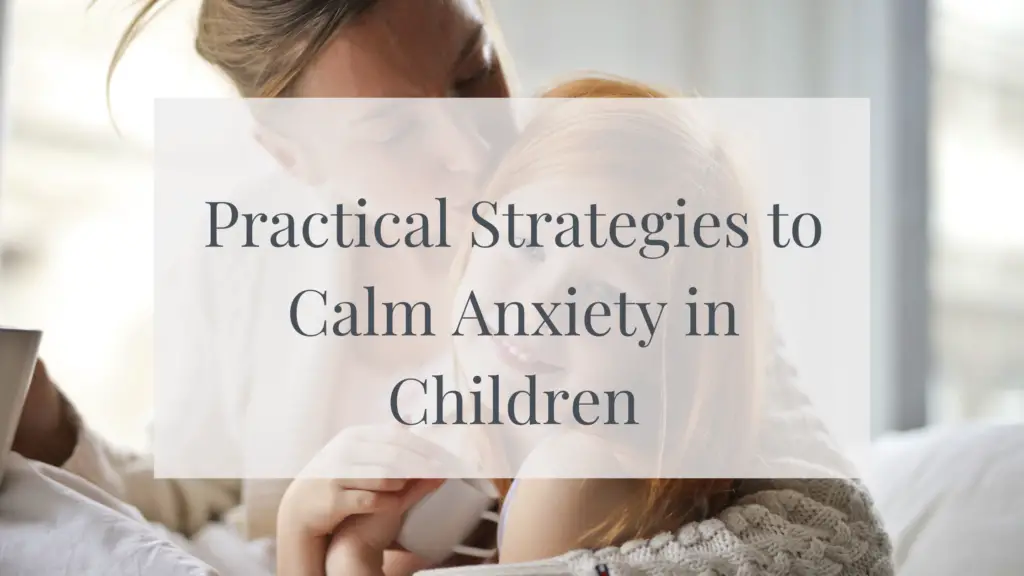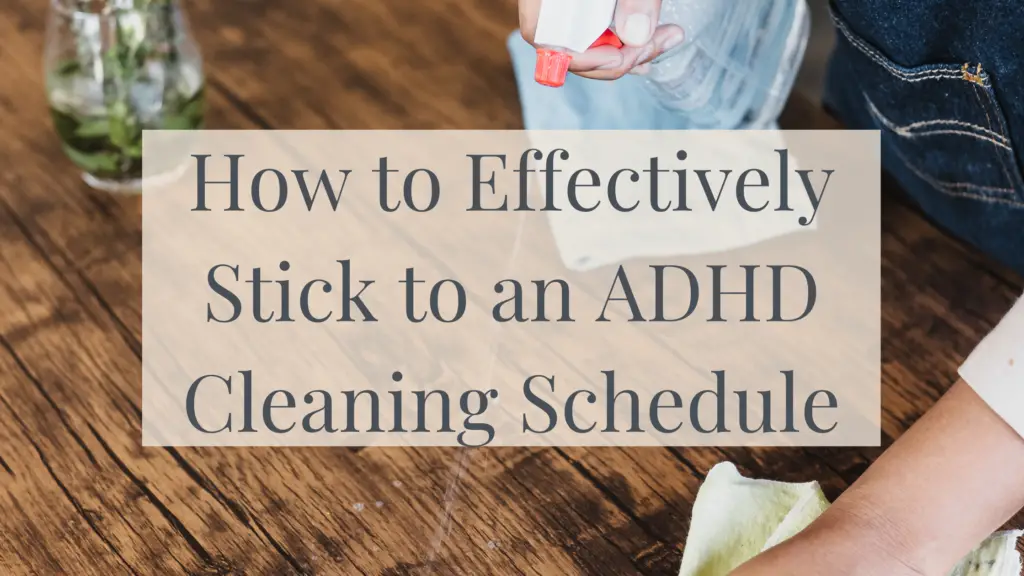Mental Health
Mental health is a topic that affects nearly every individual at some point in their lives, yet it is often overlooked and stigmatized. With the prevalence of mental disorders on the rise, it is imperative that we prioritize our mental well-being and take proactive steps to care for our minds. This blog aims to provide valuable insights and practical tips for maintaining and improving mental well-being. Whether you seek information on coping strategies, self-care techniques, or understanding the disorders, this blog will be a valuable resource to enhance your mental well-being.
Mental health is a person’s emotional, psychological, and social well-being. It plays a significant role in how we think, feel, and act, and it also affects our ability to handle stress, relate to others, and make choices. It is essential at every stage of life, from childhood and adolescence through adulthood.
Maintaining mental wellness is crucial as it allows us to cope with the challenges and stressors in life effectively. It is not the absence of problems but the ability to navigate through them and achieve a state of overall well-being. Just as we prioritize physical health by exercising, eating well, and getting sufficient sleep, investing in our mental well-being is equally important.
Your mental wellness encompasses various conditions, including anxiety, mood, personality, and psychotic disorders. These conditions can vary in severity and duration, impacting individuals differently. It requires understanding and support from professionals in the mental health field, such as psychologists, psychiatrists, and counselors, who can provide appropriate treatment and therapy.
Awareness of and addressing factors contributing to mental health problems is essential to promote mental wellness. These factors can include biological factors (such as genetics and brain chemistry), life experiences (such as trauma or abuse), family history of mental health problems, and individual resilience factors.
Taking care of our mental state involves engaging in self-care activities that promote well-being, such as exercising regularly, practicing mindfulness and relaxation techniques, maintaining a healthy diet, and seeking social support. It is equally important to recognize the signs and symptoms of mental health problems in ourselves and others and to seek help when needed.
In conclusion, mental health encompasses our emotional, psychological, and social well-being and is vital to our overall well-being. It is important to prioritize and invest in maintaining good mental well-being through self-care, seeking professional help when necessary, and fostering an understanding and supportive environment for others.





